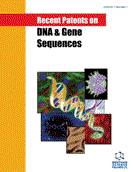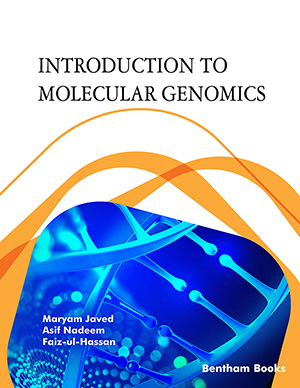Abstract
Improving essential amino acids or protein content, along with other phytochemicals in food crops, will affect a great portion of the world ’ s population, especially in developing countries where rice grain is the main source of protein. Malnutrition, including deficiencies in protein/energy, iron/zinc, vitamin A, and iodine, causes a total 24,000 deaths per day worldwide. The problem is severe where rice is the major staple food. Protein deficiency involves both the quantity (amount) and quality (the content in essential amino acids) of the dietary protein. Various interventions, such as distribution, fortification, dietary diversification, and measures against infectious diseases, have been applied to reduce deficiency disorders. The problem, however, remains unsolved. Developing genetically novel lines with elevated content of essential amino acids together with other health benefit components becomes more feasible for the enhancement of breeding techniques, genomics, molecular manipulations, and genetic engineering. Advancement in basic genetic and genetic engineering has resulted in successful enrichment of some essential amino acids, such as lysine (Lys), tryptophan (Trp), and methionine (Met). Successful genetic enhancement has been largely through enrichment of grain Lys and to some extend Trp in maize. Since rice is the main source of calories and protein intake for billions of people, enhancing essential amino acids in rice represents a tremendous challenge. This paper will discuss and review the current status in basic genetics, molecular genetics, and genetic engineering associated with the enhancement of amino acids and other health benefit components in major grain crops. Patents and future efforts associated with enhancing nutritional quality of the grain will also be reviewed as a concerted effort to solve the malnutrition problem and improve the quality of life worldwide.
Keywords: Essential amino acids, lysine, dihydrodipicolinate synthase (DHDPS), genetic engineering, mutational breeding, health benefit
 12
12











